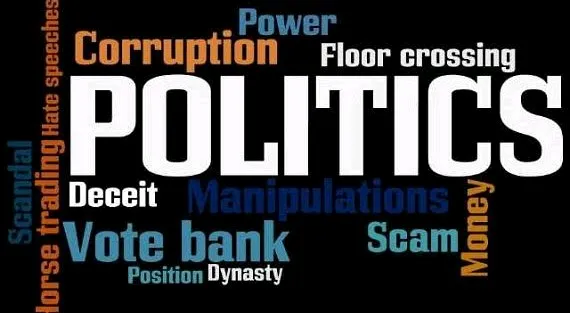Unveiling the Dirty Facts of Indian Politics: Exploiting Religion as a Weapon
Indian politics is a complex and multifaceted landscape, with various factors influencing the decisions and strategies employed by politicians. One controversial aspect that has been observed is the use of religion as a significant issue in political discourse. In a diverse country like India, where various religions coexist, politicians often exploit religious sentiments to gain support and consolidate their power. This manipulative tactic involves highlighting religious differences, promoting religious nationalism, and even inciting communal tensions for their own political gain. It is disheartening to see how politicians can exploit something as sacred as religion for their personal or party's benefit, causing deep divisions and polarization within society. The impact of this dirty politics can be far-reaching, leading to riots, violence, and the erosion of the secular fabric that India was built upon. It is crucial for citizens to be vigilant, understand the ulterior motives behind such tactics, and strive for a politics that prioritizes development, inclusivity, and harmony over divisive religious agendas.
Indian politics, like in many other countries, is replete with a variety of complex issues and challenges....
Indian politics, like in many other countries, is replete with a variety of complex issues and challenges....



